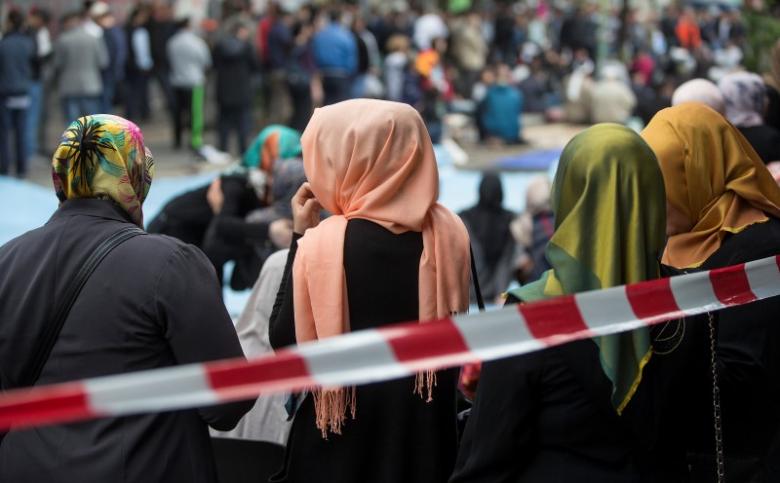Facebook confirms it won't help build a Muslim registry

Facebook announced on Thursday that it would not participate in building a Muslim registry, an idea which U.S. President-elect Donald Trump floated during the campaign period.
The company released a statement to the Intercept, and it read, "No one has asked us to build a Muslim registry, and of course we would not do so.
Facebook's announcement came after online publication The Intercept sought a response from nine tech giants on the question "Would [your company], if solicited by the Trump administration, sell any goods, services, information, or consulting of any kind to help facilitate the creation of a national Muslim registry, a project which has been floated tentatively by the president-elect's transition team?"
Apart from Facebook, only Twitter has so far provided a direct reply to the hypothetical question. Twitter referred to a November blog post, which stated that helping the government build such database is against company policy. It reads in part, "We prohibit developers using the Public APIs and Gnip data products from allowing law enforcement — or any other entity — to use Twitter data for surveillance purposes. Period."
Microsoft opted not to comment, reasoning out that it doesn't engage in hypotheticals.
Shortly before Facebook went on record that it would not help in building such database, 22 advocacy groups reached out to the companies in question to provide a response. So far, Google, Apple, IBM, Booz Allen Hamilton, CGI, and SRA International have yet to break their silence.
While campaigning for the presidency, Trump suggested creating a database of Muslims in the United States but walked it back later on. According to a November CNN report, however, a source with ties to Trump's camp told the publication that the database being planned would be similar to the National Security Entry-Exit Registration System (NSEERS), which President Barack Obama suspended in 2011. NSEERS, built following Sept. 11, 2001, was a selective registration system applied to 25 countries, of which 24 were Muslim-dominated.





